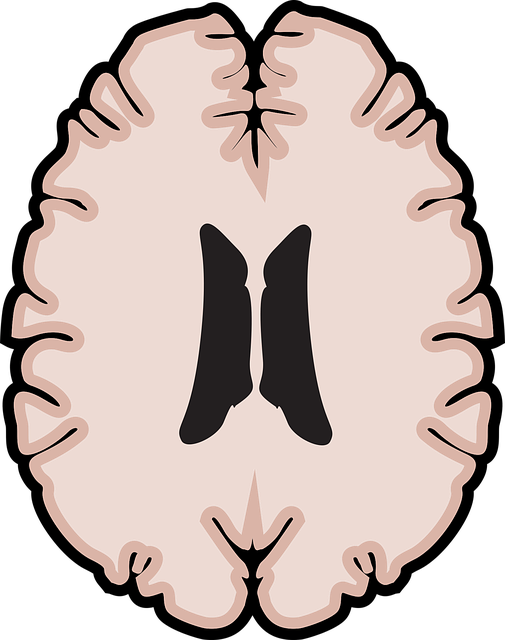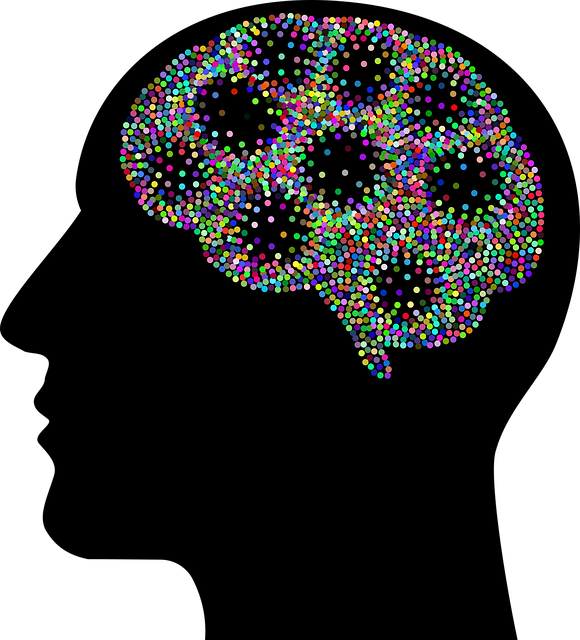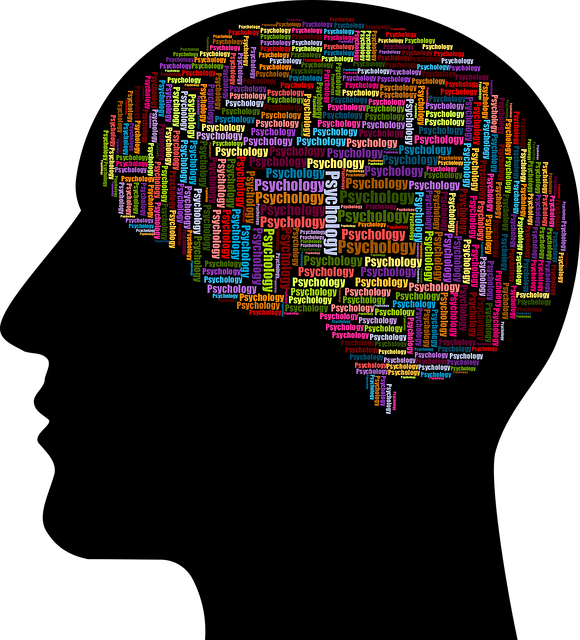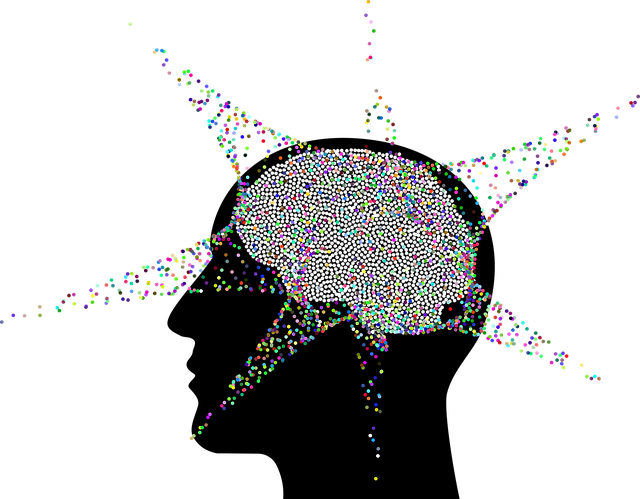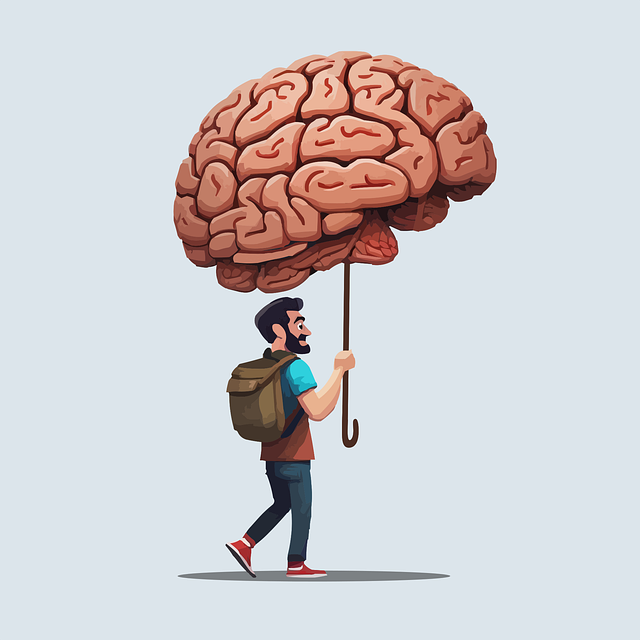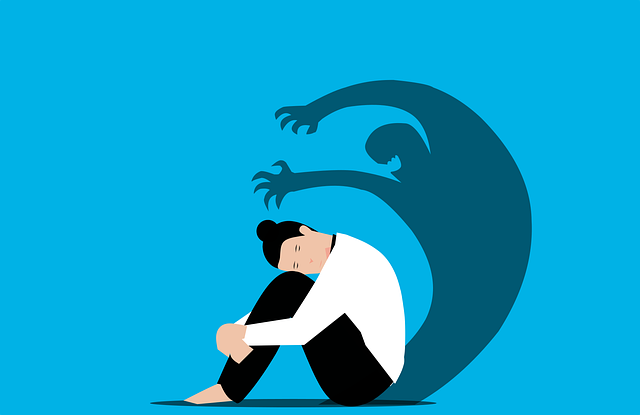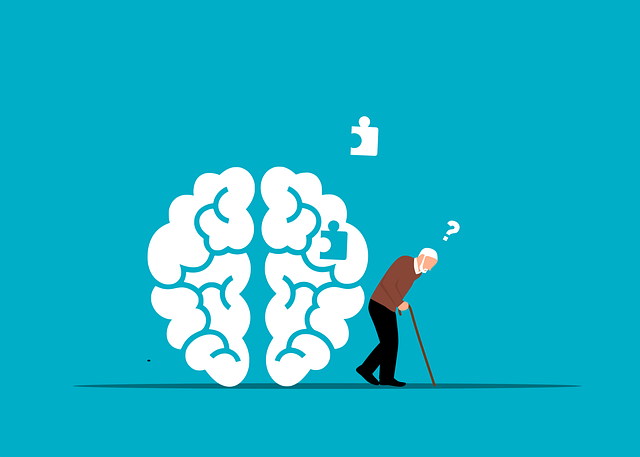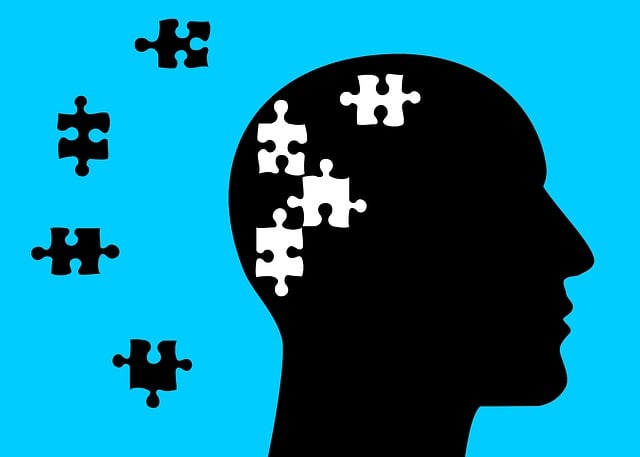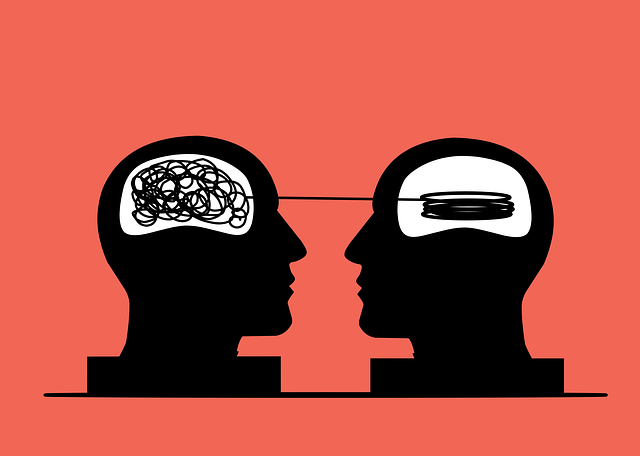RFM (Resilience, Flexibility, Mindfulness) therapy is a powerful approach for promoting mental health in children, adolescents, and teens by teaching them essential coping skills. This involves age-appropriate exercises from play therapy to group sessions, focusing on emotional awareness, resilience-building, and flexible thinking. By integrating storytelling, games, self-care techniques, and peer support, RFM creates an engaging environment for young individuals to develop inner strength, effective coping mechanisms, and healthier communication strategies, making it a valuable tool in mental health education for this demographic.
Resilience is a vital asset for young minds navigating life’s challenges. This article explores the power of RFM (Resilience, Flexibility, and Mastery), an effective therapy for young children, adolescents, and teens. We delve into understanding RFM’s impact on mental well-being, designing tailored exercises for diverse age groups, and implementing strategies to make resilience building accessible and engaging in various settings. By the end, readers will grasp how to foster resilience, enabling younger individuals to thrive despite life’s ups and downs.
- Understanding RFM and Its Impact on Young Minds
- Designing Resilience-Building Exercises for Different Age Groups
- Implementation Strategies: Making RFM Accessible and Engaging
Understanding RFM and Its Impact on Young Minds

Understanding RFM (Resilience, Flexibility, and Mindfulness) is crucial for fostering mental health in young minds. This therapeutic approach focuses on equipping children, adolescents, and teens with essential coping skills to navigate life’s challenges. By integrating RFM into therapy sessions for young individuals, professionals can enhance their ability to manage stress, regulate emotions, and adapt to changes.
RFM promotes resilience by teaching youth to view setbacks as opportunities for growth rather than failures. It aids in developing flexibility—the skill to adjust thoughts and behaviors in response to changing circumstances. Moreover, mindfulness practices under RFM help young clients cultivate positive thinking and a deeper sense of self-awareness, which are pivotal components of mental health education programs designed specifically for this age group.
Designing Resilience-Building Exercises for Different Age Groups

Resilience-building exercises should be tailored to suit different age groups—from young children to adolescents and teens—as their emotional and cognitive development stages vary significantly. For younger children, activities should focus on play therapy and simple mindfulness practices. Games that encourage emotion recognition and expression can be highly effective in teaching them to manage their moods early on. Storytelling sessions that incorporate resilience themes can also help in developing an understanding of coping strategies while fostering mental wellness.
As kids grow into adolescents and teens, exercises can become more sophisticated. This age group may benefit from Mental Wellness Coaching Programs that teach self-care practices such as stress management techniques, time management skills, and healthy communication strategies. Group therapy sessions can also be powerful tools to build resilience by encouraging peer support and fostering a sense of community, which is crucial for navigating the challenges that often arise during these formative years.
Implementation Strategies: Making RFM Accessible and Engaging

Making Resilient Family Therapy (RFM) accessible and engaging for young children, adolescents, and teens requires a multifaceted approach tailored to their developmental stage. One effective strategy is incorporating play-based therapy which not only makes sessions enjoyable but also facilitates better communication strategies and emotional expression. Through games, storytelling, and creative activities, therapists can help clients develop coping mechanisms while building inner strength.
Additionally, involving parents or caregivers in the process is crucial. Providing resources on self-care practices for both children and adults creates a supportive home environment that reinforces resilience-building exercises. Group therapy sessions can also offer peer support and model healthy communication, fostering a sense of belonging and encouragement. By combining these implementation strategies, RFM becomes an engaging and effective tool to enhance resilience in young individuals.
Resilience is a vital asset for young minds navigating life’s challenges, and integrating RFM (Resilience-focused Mindfulness) exercises into their development can be transformative. By tailoring these practices to different age groups, we empower children, adolescents, and teens with the tools to manage stress, enhance emotional intelligence, and foster overall well-being. Through accessible and engaging implementation strategies, therapy for young individuals becomes more effective, enabling them to build resilience and thrive in various aspects of life.
